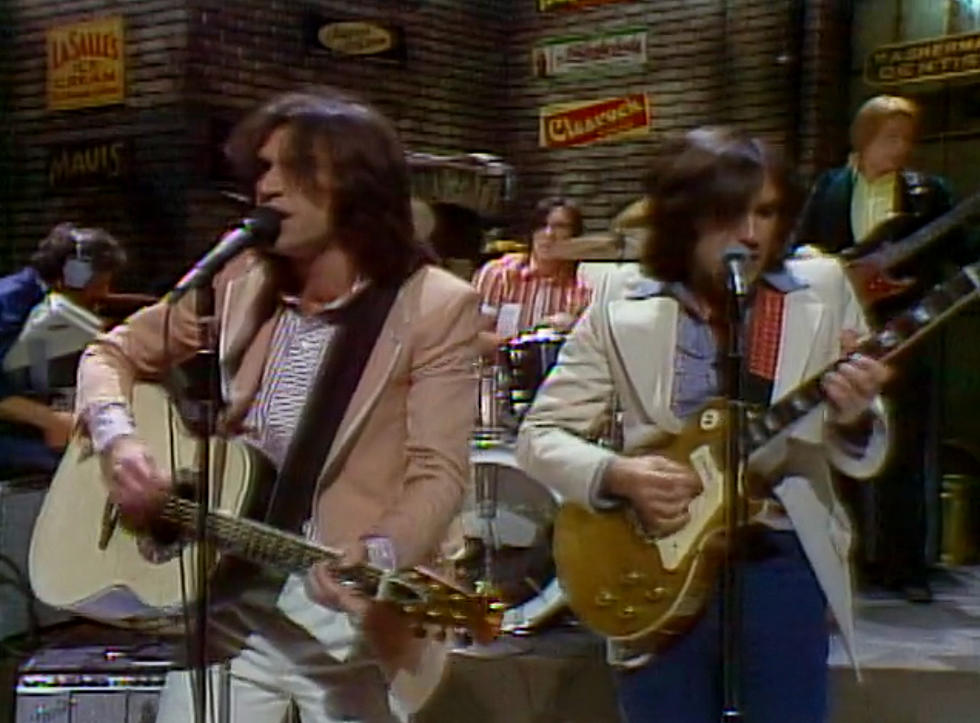If there was one thing Tom Petty despised more than anything else on the planet, it was unfairness. The influence of big business loomed huge over his career from the beginning, and every one of his biggest albums was a success story because of how much it spit in the face of people in suits who tried to dictate what people wanted to hear. Petty found a way to spit in the face of the establishment on The Last DJ after traveling around the block a couple of times.
At the turn of the century, Petty became more skeptical of what was being played on American radio stations, which were more concerned with the bottom line than with telling the story of an artist through song. Looking to throw the artificial side of radio back in his label’s face, most of The Last DJ revolves around elements that Petty saw as unjust, from the manufactured pop star on ‘Money Becomes King’ to the man who works at a desk and gets to be rich on ‘Joe’.
Later, when discussing the album, Tom Petty admitted drawing inspiration from The Kinks’ Ray Davies, telling Rolling Stone: “I love Ray Davies. I especially liked that Lola Versus Powerman album, and I felt it was time for an album with those themes again”.
Although Davies approached his songs in a different way than Petty, the album retains the same rebellious attitude.
Petty spoke about the glorious days he recalled as a youngster, picturing a world where there wasn’t anything to worry about on ‘Dreamville,’ in between songs about dragging business tycoons through the muck. It’s easy to see the parallels between Petty’s song and something like ‘Waterloo Sunset,’ as Davies conjures an image of a pleasant English evening out while depicting a frightening location.
Petty and Davies seemed to be singing about a version of their youth that was slowly fading away while they did their hardest to maintain that spirit in song. That is not to say that Petty’s record was without controversy. In the documentary Runnin’ Down a Dream, Petty recalled how the record label was taken aback by what they heard when he presented it to them. He remembered, “You could hear a pin drop when the album was over. After a few seconds, one of the guys on the other side of the table spoke up and said, ‘Well, that’s not about us, is it?’”
Because of the album’s content, some radio stations refused to play it once it became popular. Even some Petty aficionados were put off by the album, believing that Tom Petty was resting on his laurels and becoming a grumpy old man in his final years. However, this was not the personification of someone’s crotchety grandfather.
By taking aim at the folks in suits, Petty was attempting to preserve music in the hands of artists rather than spoonfeeding rock fans a bunch of manufactured bands that would be forgotten within a year. Petty was all about making rock & roll important, and in doing so, he created one of the more fascinating recordings ever released by a classic rock veteran.

